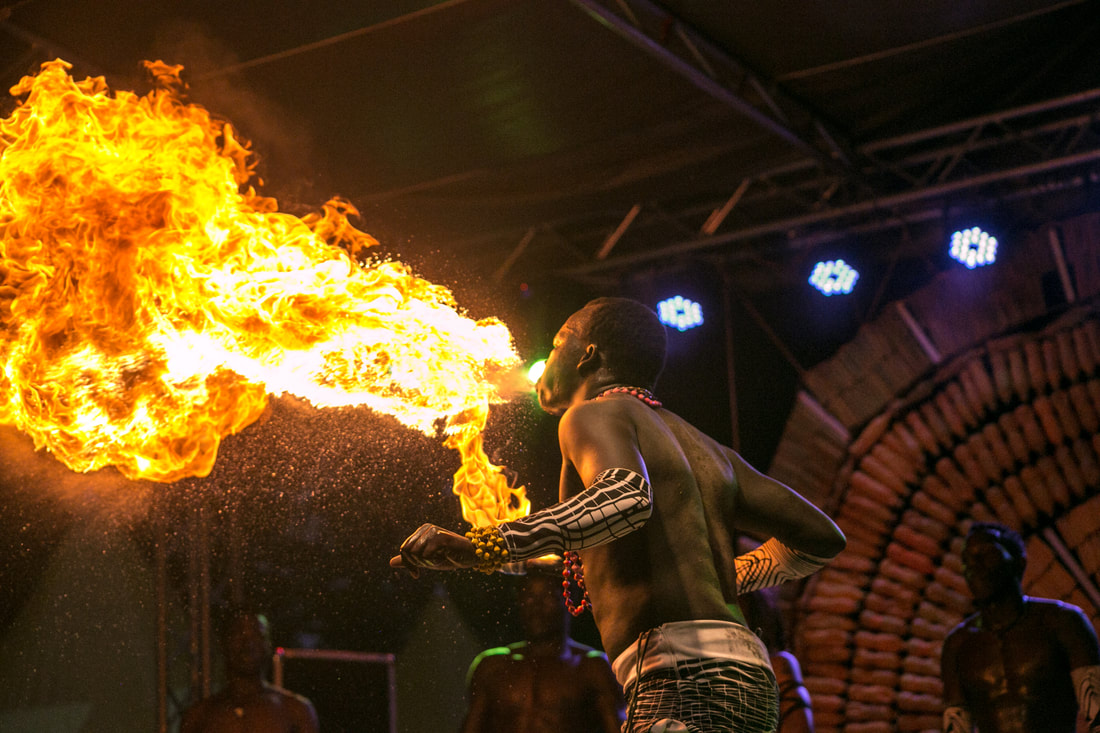But as a Christian, I've struggled with this whole notion of rights. While I applaud the justice aspect of rights being received by all groups in society, I fear what such a fight has done to the church. It just seems a bit off when I see Christians mustering up fear and intensity around each election cycle, as we seek to ensure that our religious rights are secure. It seems strange to me that our personal rights or the rights of our church warrant our sacrificing of other moral requirements for political leaders, or the sacrificing of the rights of others so that our rights may be secured. The invocation of rights by Christians, especially in our politically charged climate, so often seems to be antithetical to the Bible, as we seek the sacrifice of others that we may not have to die to self.
I think most Christians know that we are supposed to be like Christ in the world, but I don't think most of us ever think about what that looks like. I've talked about this a lot before, especially in reference to Yoder's "The Politics of Jesus." Essentially, Christians tend to sentimentalize our role as Christ to the world by reducing that to living like we'd expect any other human being to live under a social contract. Be nice. Don't cut in line. All that good stuff. And we can even extend it to things we wouldn't expect of the world, like don't view pornography, go to church every once in awhile, etc. But what we almost never mean is love our enemies, forgive those who have wronged us severely, or give to the beggar who asks of us without expecting a return.
We could have a long discussion on what all is entailed in our command to be like Christ, take up our crosses, and lay down our lives. There are many actions and avoidances to be discussed, that's for sure. But I want to focus now on one aspect of our Christlikeness which I think exists, but rarely, if ever gets mentioned. I think we are, like Christ, to bear the sins of the world. Now I don't mean this in some sacrilegious sense, as if we are divine and have righteousness to impute to the world or anything like that. I mean it more in a metaphorical sense. When Jesus went up to the cross, he literally bore our sins, but he also did so figuratively. He laid down his rights, refused to call legions of angels, and took the wrath of God, which was ours to bear. He experienced the consequences due us, in his innocence.
I want to argue that this is part of what our job is to the world. When we forgive someone who has wronged us egregiously, we are bearing the pain and consequences of their action without invoking our rights and calling in the legions of angels to smite them. When we refuse to oppose a wicked candidate by supporting our own wicked candidate who has the power to defeat the opposition, we are taking on the sin of the world. When we refuse to vengefully retaliate against someone who is physically harming us, we are bearing sin for their sake, that they may not be harmed. I think this is a huge part of Christ's body in the world, and perhaps the lens through which we are to view much of our action. We are to act as those who bear the sins of the world. We are sin eaters.
You've probably never heard the term "sin eater" before, unless you have read Francine Rivers's book of the same name. Sin eaters were basically outcasts in the 18th and 19th century who would make their living by "eating the sins" of the deceased. When a person would die, a sin eater would be hired to literally eat some bread and libations off the chest of the deceased, which then transferred any unconfessed sins from the deceased to the sin eater. As the sins accrued in the sin eater, he became more and more rejected by society.
As the sin eaters of our world, we should joyfully bear the unconfessed sins of the lost around us. But unlike the sin eaters of old who had no power to absolve sin, we are the body of Christ and partake of the bread and the cup of our Lord. Whatever we loose on earth is loosed in heaven. Through Jesus's righteousness, we are made righteous. While we may be viewed as the lowly of society by bearing their sins and refusing to opt into the pragmatic methods of worldly power like violence, grudges, vengeance, and moral compromise, our connection to Christ and his absolution of our sins provides us with a continuing and inexplicable hope and joy through it all. Unlike the sin eaters of old who were cast out from the community, we have a community of those who bear one another's burdens, as we all cast those cares onto our head and Lord, Jesus Christ, who became sin for us.
I am advocating now that we move out into the world as the bearers of sin. We must bear our sins to the world in recognition of our need for a savior, but we must also bear the sins of the world as the living body of our savior. Through our self-sacrifice, the incarnation of our Lord will be made more tangible to a world who is dead in their trespasses and sin. On the chests of these dead, we must, as our savior did, partake of the cup and the bread - spill our blood and break our bodies - and take upon ourselves the sins of the world.




 RSS Feed
RSS Feed